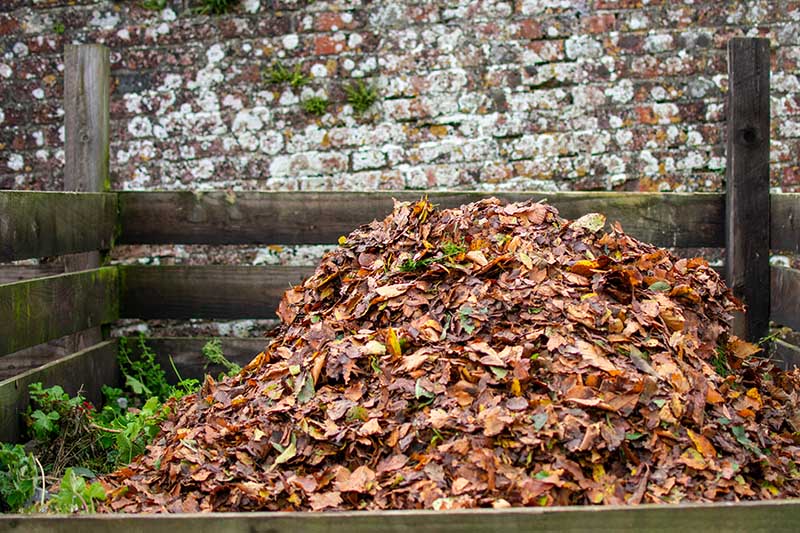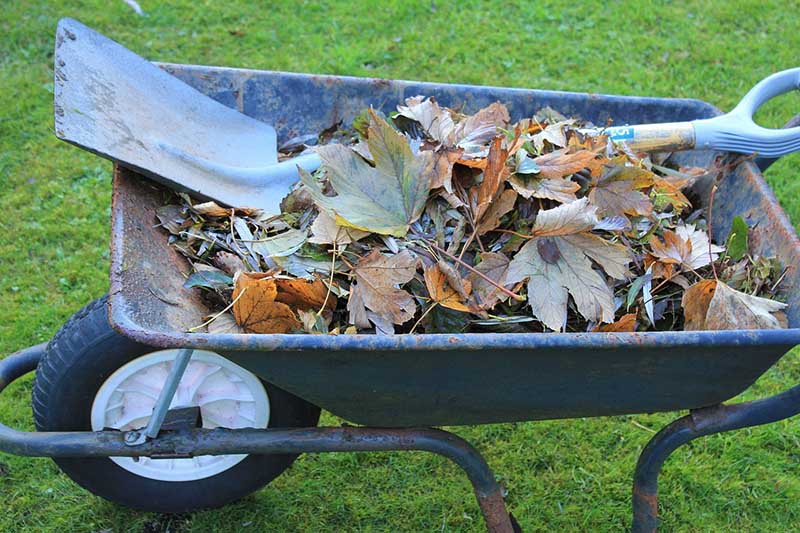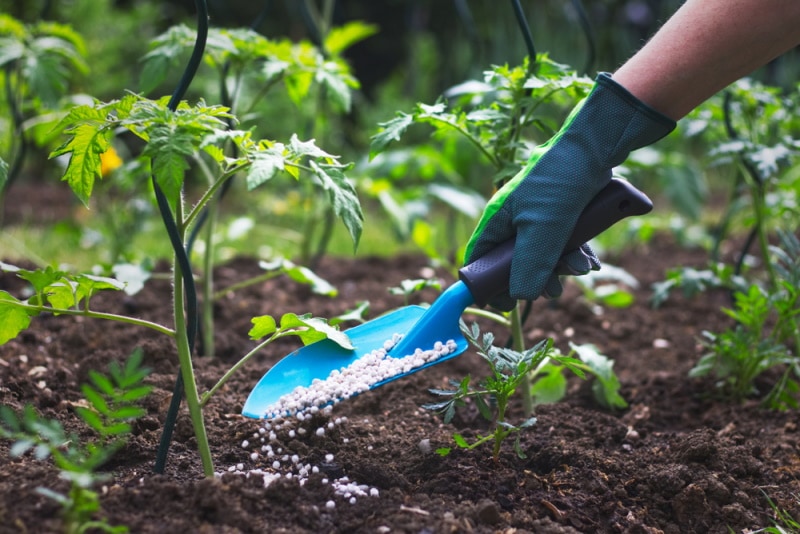Is Leaf Compost Good for Vegetable Gardens? What Science Says
-
Ed Malaker
- Last updated:

If you have many trees around your home, you will need to rake up all the leaves every autumn. You can turn them into rich compost instead of bagging them up for the trash, but many people wonder if this kind of compost is good for vegetable gardens. Fortunately, leaf compost is a great choice for vegetable gardens, so keep reading as we explain why, give you tips to improve quality, and explain how to use it so you can be better informed.
What Is Leaf Compost?
You can make compost from the leaves of trees that fall in autumn. Usually, a homeowner will rake them into a large pile to start the process, so they are ready in the spring. Other items that you might add to create leaf compost include grass clippings and non-meat food scraps.
How Do I Make Leaf Compost?

To make your leaf compost, rake the leaves in your yard into a large pile. Most agree that it’s best to set up a temporary holding bin out of wooden stakes and plastic fencing to prevent the leaves from blowing away. Stomping on the leaves each time you add more will help break them into smaller pieces, increasing the composting process’s speed. You can also add grass clippings and non-meat food scraps, but don’t add water because dry leaves will crack and break apart faster. Natural rain and snowfall over winter will provide the moisture that the fungi need to create compost. Turn the leaves regularly, and stir them to help speed up decomposition.
How Do I Use the Compost in My Vegetable Garden?
In the spring, you will notice that your leaves have an odor and are soft. You can use them as vegetable garden mulch to help keep the soil cool while your plants start growing. The leaf compost will also block light, preventing weed growth. Many plants like pumpkins, potatoes, and bulb onions will have higher yields with their roots covered. The mulch will also break down further, providing important nutrients to the soil and plants. When the leaf mulch is about 2 years old, you can use it as a substitute for peat moss, and mix it into your soil to help retain moisture and fight disease.
Do I Need to Add Fertilizer to My Leaf Compost?

No. The only things that the leaves require to create compost are time and moisture. Studies into leaf decomposition suggest that some fungi start the rotting process before the leaves even fall. Adding fertilizer or microbes might change the environment and set back the composting process, so we recommend letting it play out naturally.
Tips and Tricks for Creating Leaf Compost
- Shredding or grinding the leaves as you add them to the storage area can help them break down faster.
- Turn and stir the pile once per week or more.
- Try to create the storage area in a sunny area, and cover the leaves with a tarp to trap heat inside and speed up decomposition.
- Keep the pile slightly damp but not wet, especially if you shredded the leaves. This way, you don’t need to wait for them to dry out to crack and break down.
Summer
Leaf compost is a great addition to a vegetable garden. It helps cool the soil for seedlings and prevents weed growth. Potatoes, pumpkins, and onions can produce a larger harvest, and as it breaks down, the compost adds important nutrients to the soil that all plants require. This type of compost is also easy to make, and you can start using it in as little as 1 year, though it’ll be especially good after 2 years. Maintaining the pile by turning it frequently and adding moisture will help produce a higher-quality compost.
- See Also: 8 Best Mulches for Vegetable Gardens
Featured Image Credit: Victoria_Hunter, Shutterstock
Contents

